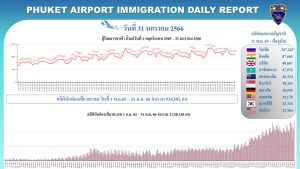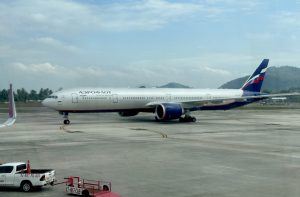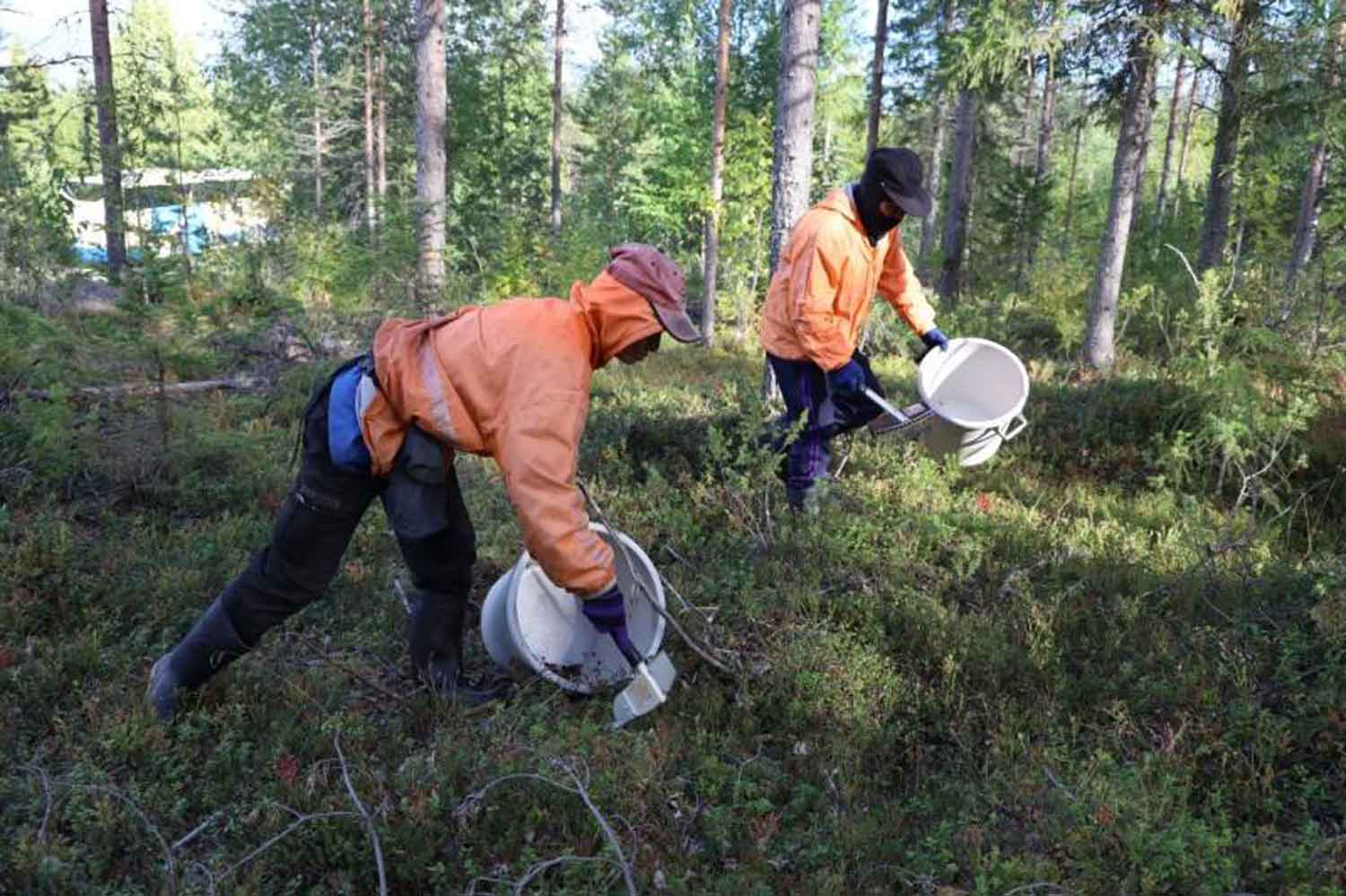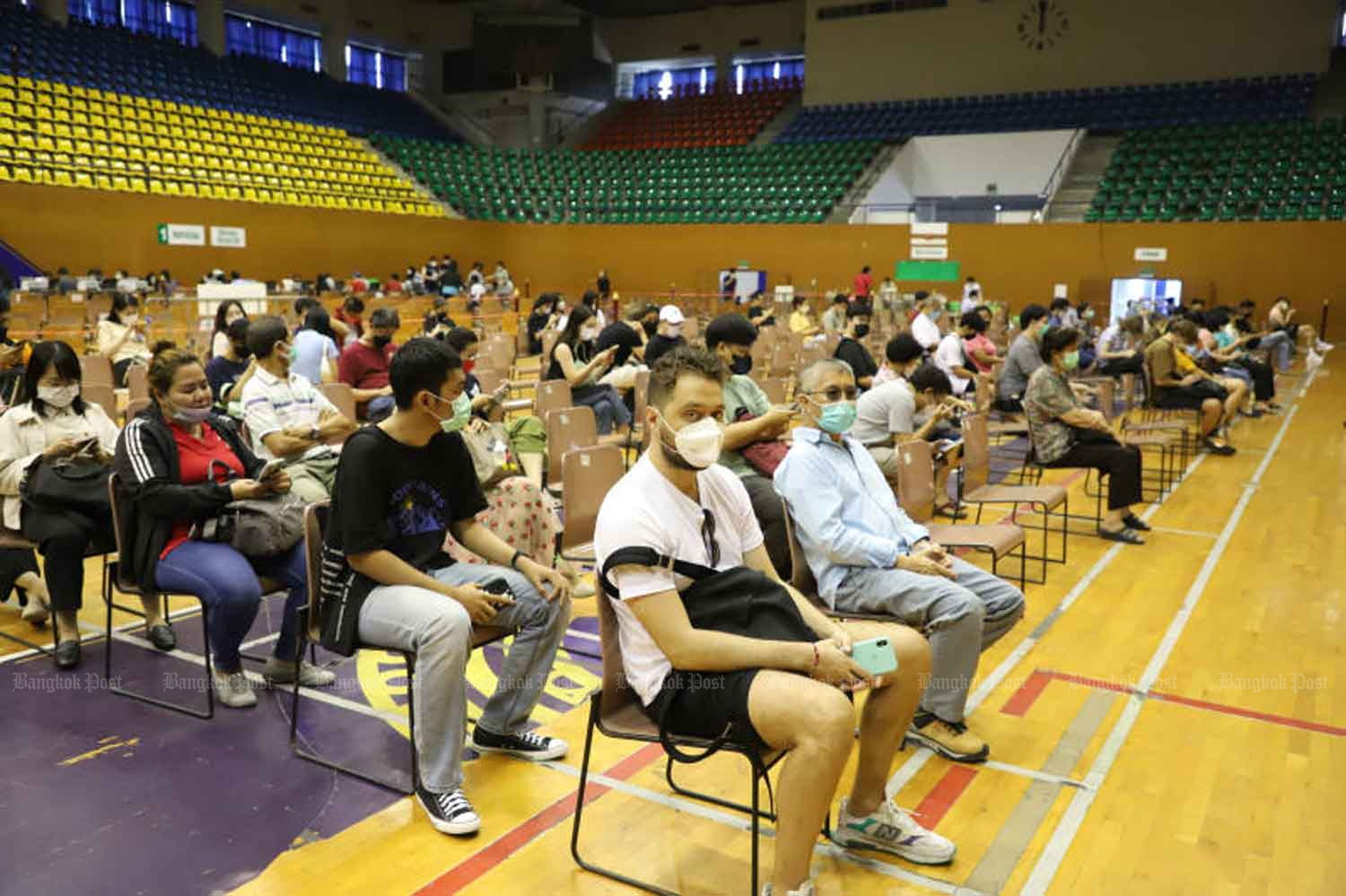The government's economic planners are nervously pouring over the numbers on the economy. This has already led to the 2022 growth figure being pared back and on Friday, we saw the country's finance minister warn about the damage being done by the higher-priced Thai baht.
Thailand's currency, the baht, could be the subject of speculation, driving it higher, as traders short the US dollar in anticipation of an easing of interest rates by the Federal Reserve in the United States. This proposition took a hit on Monday when we saw the baht decline by over 3% against the US dollar in one day, its largest drop in 23 years. Nevertheless, on Friday, Minister of Finance Arkhom Termpittayapaisith insisted the ongoing strength of the baht was a key concern for the kingdom's economic prospects in 2023 as the Fiscal Policy Office gets ready to scale back finalised GDP growth figures for 2022 which will be released on February 17th.

The Thai government will release its definitive 2022 GDP data on February 17th next amid reports that a sharp downturn in the last three months of 2022 led by a decline in exports could mean significantly lower than anticipated GDP growth for last year.
The final figure is expected to be in the order of 3% compared to a projected 3.4% from key economic agencies and the Fiscal Policy Office at the Ministry of Finance at the end of last year.
Minister of Finance warns the high value of the baht is hurting the economy as exports suffer
On Friday, Thailand's Minister of Finance, Arkhom Termpittayapaisith issued a strong statement in which he identified the high-priced Thai baht as a key impediment to the country's export sector at this time.
He highlighted the need for exporters to engage in foreign exchange hedging given the current volatility in the market.
Despite the baht being up by 14.71% from October 2022 against the US currency and 2.7% alone from the beginning of 2023, making it Southeast Asia's second-best-performing currency, on Monday, the Thai baht experienced its sharpest fall against the US dollar, the accepted global reserve, in 23 years.
The baht dropped against the dollar from ฿32.64 to ฿33.76 or 3.31% in just one day's trading, the worst performance since September 1999 on a day which saw Thai equities also dialled back by 0.2%.
Economy's conflicting signals, surge in consumer confidence driven by returning Chinese tourists
The conflicting signals from the economy were further highlighted with news, also on Friday, from the University of the Thai Chamber of Commerce (UTCC) which showed consumer confidence rose in January 2023 hitting 51 points, up from 49 in December and 47 in November.
In October 2022, it was 46.1 which reflected a ten-month high.
It was the eighth consecutive monthly rise since things took off in May 2022 when the consumer confidence index stood at 40.
The sharp rise in consumer confidence from May 2022 coincided with the foreign tourism boom which began that month after the unpopular Test and Go entry system was scrapped for foreign tourists which was later followed by the end of the Thailand Pass system and the end of emergency provisions altogether, on October 1st 2022.
The growth in consumer confidence level is noteworthy as it occurred at a time of rising inflation which the Bank of Thailand this week announced has fallen back to 5.02% for January having peaked in August 2022 at 7.9% with the average for last year coming in at 5.5%.
Inflation fell back to acceptable levels after peaking last August at 7.9%, January's rate was 5.02%
Food inflation in Thailand, however, hit 9.58% in October 2022 but the kingdom has been shielded from the higher levels seen in western countries by government subsidies of energy costs which are still in place.
The Bank of Thailand, which is poised to further raise interest rates on a gradual basis, is planning to bring inflation to within the targeted range of 1% to 3% in the second half of this year.
FTI boss warns Thailand faces a more dangerous geopolitical world with potential Asian flashpoints
On Friday, Mr Thanavath Phonvichai of the University of the Thai Chamber of Commerce (UTCC) highlighted the return of Chinese tourists in January as a key uplifting factor buoying the public's hopes for the country's economy.
World geopolitical tensions are bad news for Thailand's open economy, they are hot and rising
He cautioned however that external factors beyond the kingdom's control represented key risks in 2023 including the possibility of another flare-up in international tensions over the Russia-Ukraine War and a Russian offensive which could lead to a surge in oil prices.
Business leaders in Thailand are also warning of the danger to the kingdom of a deteriorating relationship between the United States and China.
This increasingly precarious dynamic poses a threat to Thailand which is a very open economy with both countries being the kingdom's preeminent trade partners.
The prospect of a hot war or military conflict between the two countries over Taiwan, the South China Sea and what China sees as US interference in its expanding world role, is growing steadily.
Sharp fall in the Thai baht against the US dollar on Monday last, the steepest in 23 years, after US jobs data showed a very resilient American economy
Monday's fall in the Thai baht came as a surprise when stock markets and currencies in Asia across the board declined in response to surprisingly positive job data from the United States which suggested the Federal Reserve has scope to prolong its tough interest rate policy which has seen interest rates climb to between 4.5% and 4.75%.
'Amongst AxJ (meaning Asia excluding Japan), the baht is one that appears to be most stretched in terms of positioning and magnitude of the move. Hence, the sharp unwinding of the US dollar shorts appears most felt in the baht,' said Christopher Wong, a currency strategist at OCBC Bank in Singapore.
The concern of analysts looking at Thailand's economic prospects is how long this reduced demand for the kingdom's exports will be prolonged following a 7.5% drop in the last quarter of 2022 and despite assurances from the Thai National Shippers' Council that, overall for 2023, exports will grow marginally by at least 1%.
Exports falling while a consumer spending boom appears to have peaked, Thai workers cutting back
Thailand's export sector, the mainstay of its manufacturing economy, accounts for 60% of the country's GDP.
There was also evidence of a decrease in the rate of private consumption growth in the last quarter of 2022 despite a strengthening consumer confidence index.
The figure for private consumption or the Private Consumption Indicator (PCI), only rose by 2.7% in December 2022 compared to a 10% plus rise in the opening nine months of last year.
This came despite large numbers of foreign tourists to the kingdom who spent an estimated ฿100 billion alone in December 2022.
This means that ordinary Thai workers have been cutting back on consumption and day-to-day spending to make ends meet.
It is a similar story to consumers all over the world, hence the lower demand for the country's exports.
Manufacturing activity predicted to decline in the opening months of 2023 with all eyes on tourist arrivals. Thailand is targeting 22 million this year
There is also evidence from import data in the last three months of 2022 that Thai manufacturing activity may be down in the opening months of 2023 with a 14.7% decline in primary or intermediate goods for manufacturing in December 2022.
Airline generating positive cash flow of ฿30 billion per annum with volume still picking up says boss
Economists agree that the decisive factor for Thailand's economy in 2023 will be the number of foreign tourists who arrive with the Tourism Authority of Thailand (TAT) currently predicting 22 million visitors compared to 11.5 million in 2022.
Initial indications from the tourist industry and key players such as Thai Airways are that things are looking up with more demand and significantly more flight routes being opened up to the kingdom.
The emerging question is whether or not elevated inflation levels and lower growth together with higher borrowing costs as interest rates rise in Europe, the United Kingdom, the United States and China will impact the flow of foreign tourists with a travel industry still catering to pent-up demand.
The situation will not be helped by an overpriced baht which may well be a vehicle for speculation by short sellers against the US dollar whose confidence in the currency is underpinned by the kingdom's robust financial system, strong foreign reserves and over 98% of public debt sourced within its own borders.





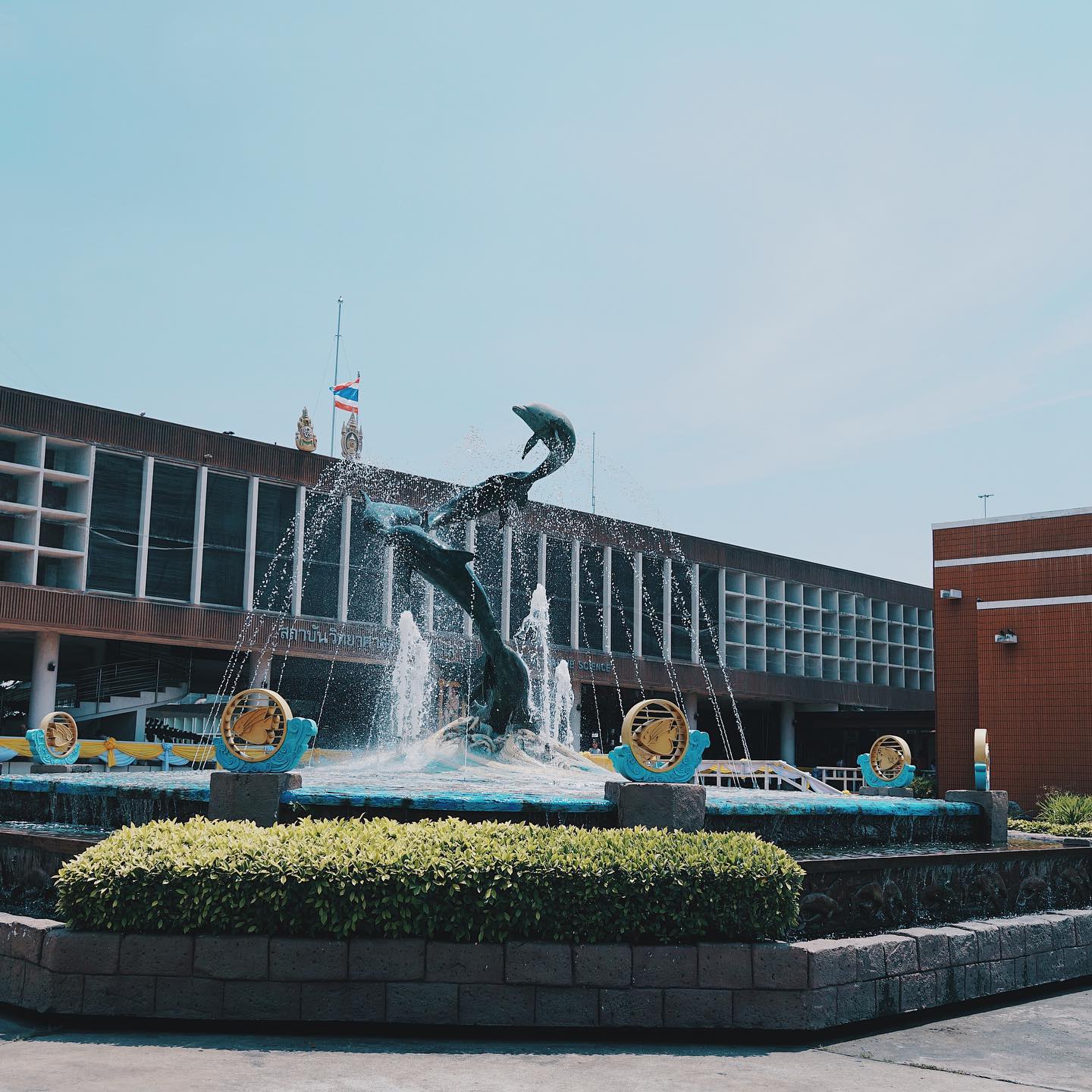 Image credit:
Image credit: 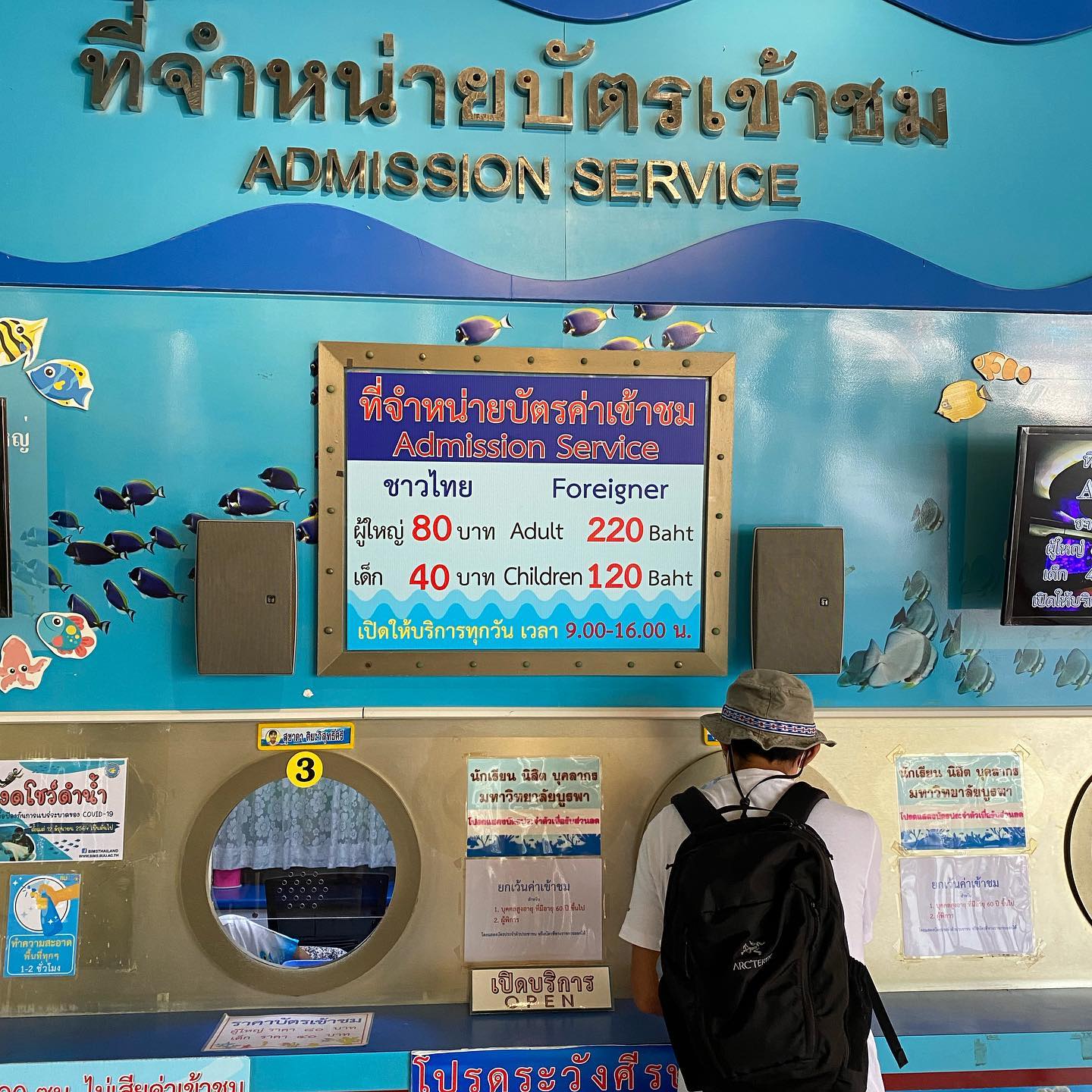 Image credit:
Image credit: 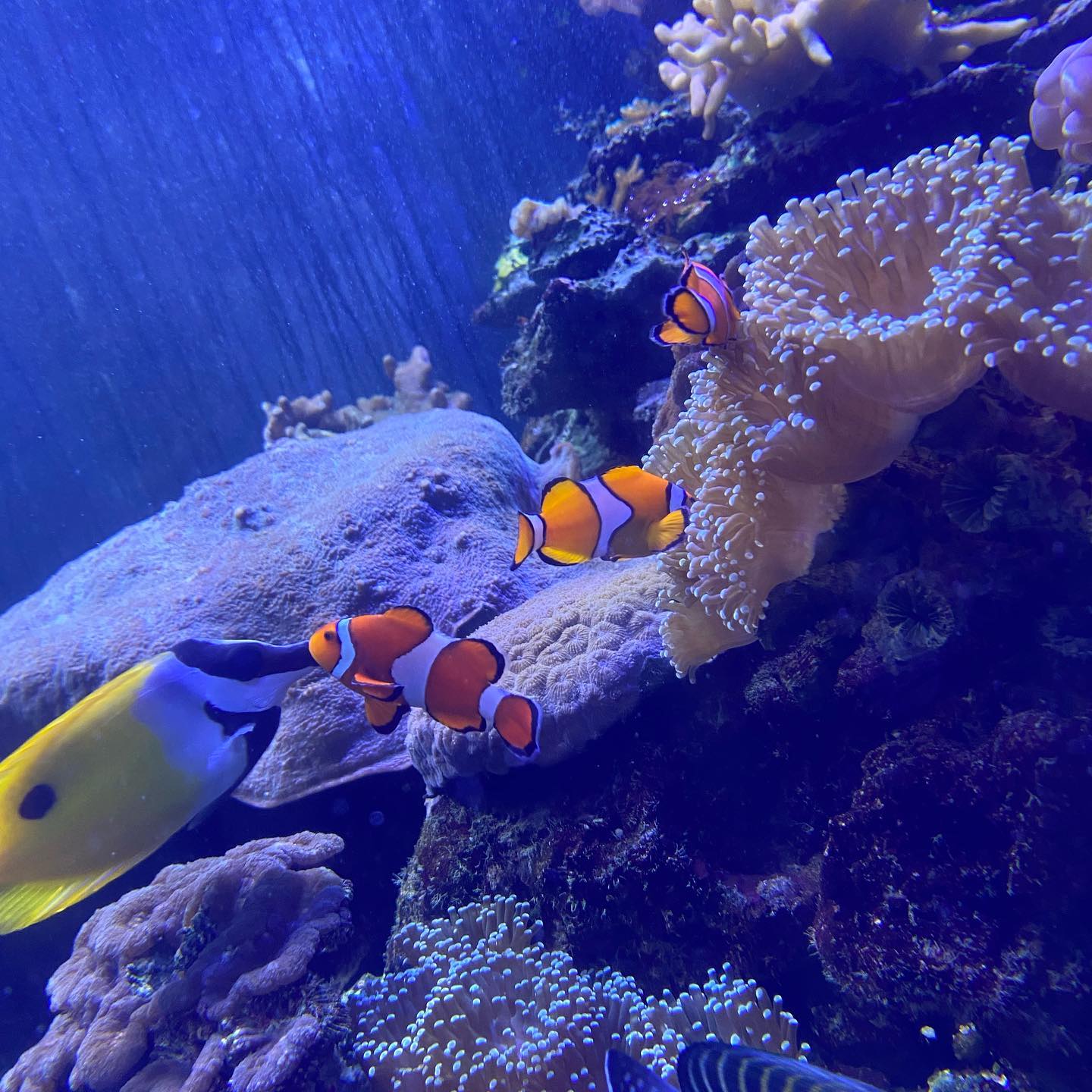 Image credit:
Image credit: 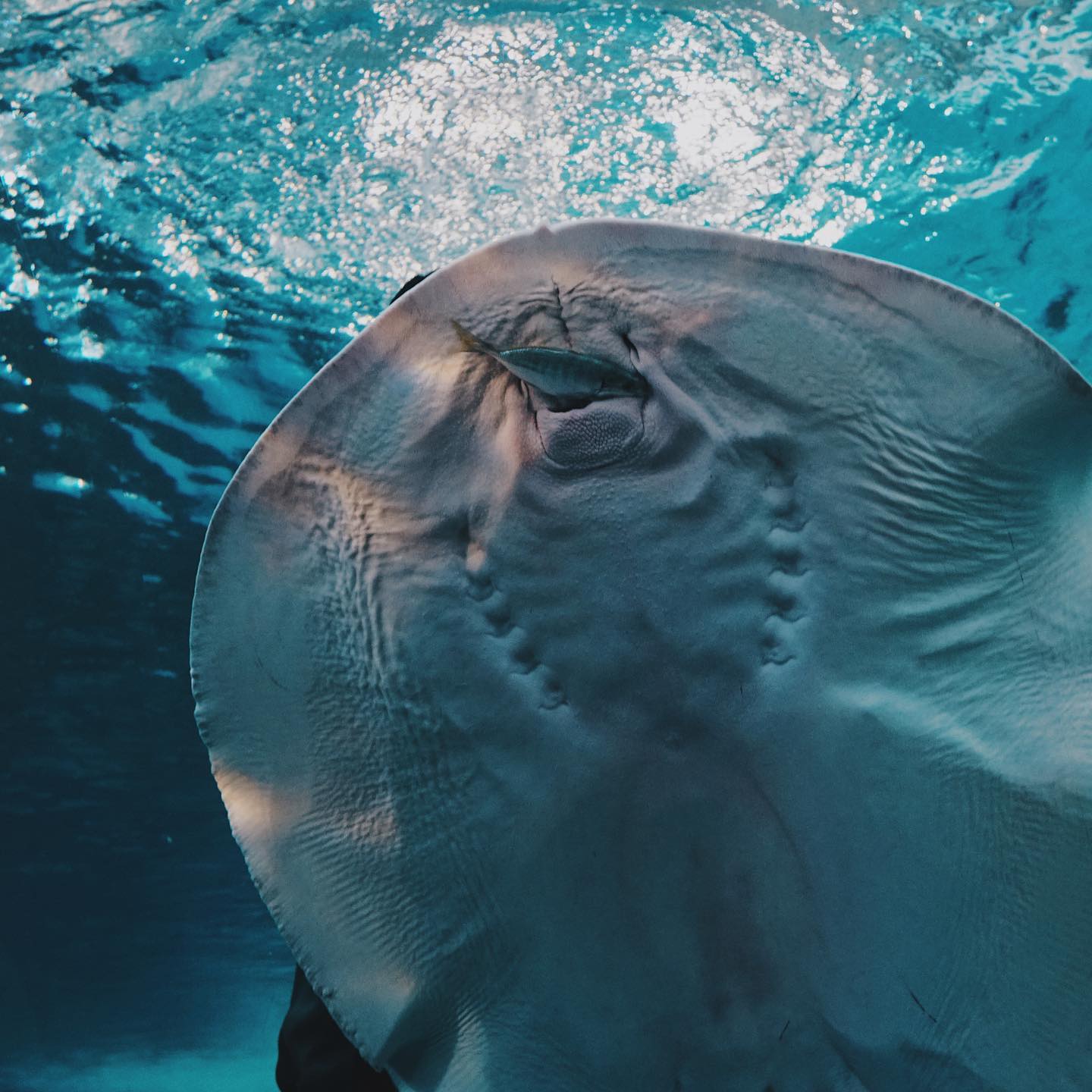 Image credit:
Image credit:  Image credit:
Image credit: 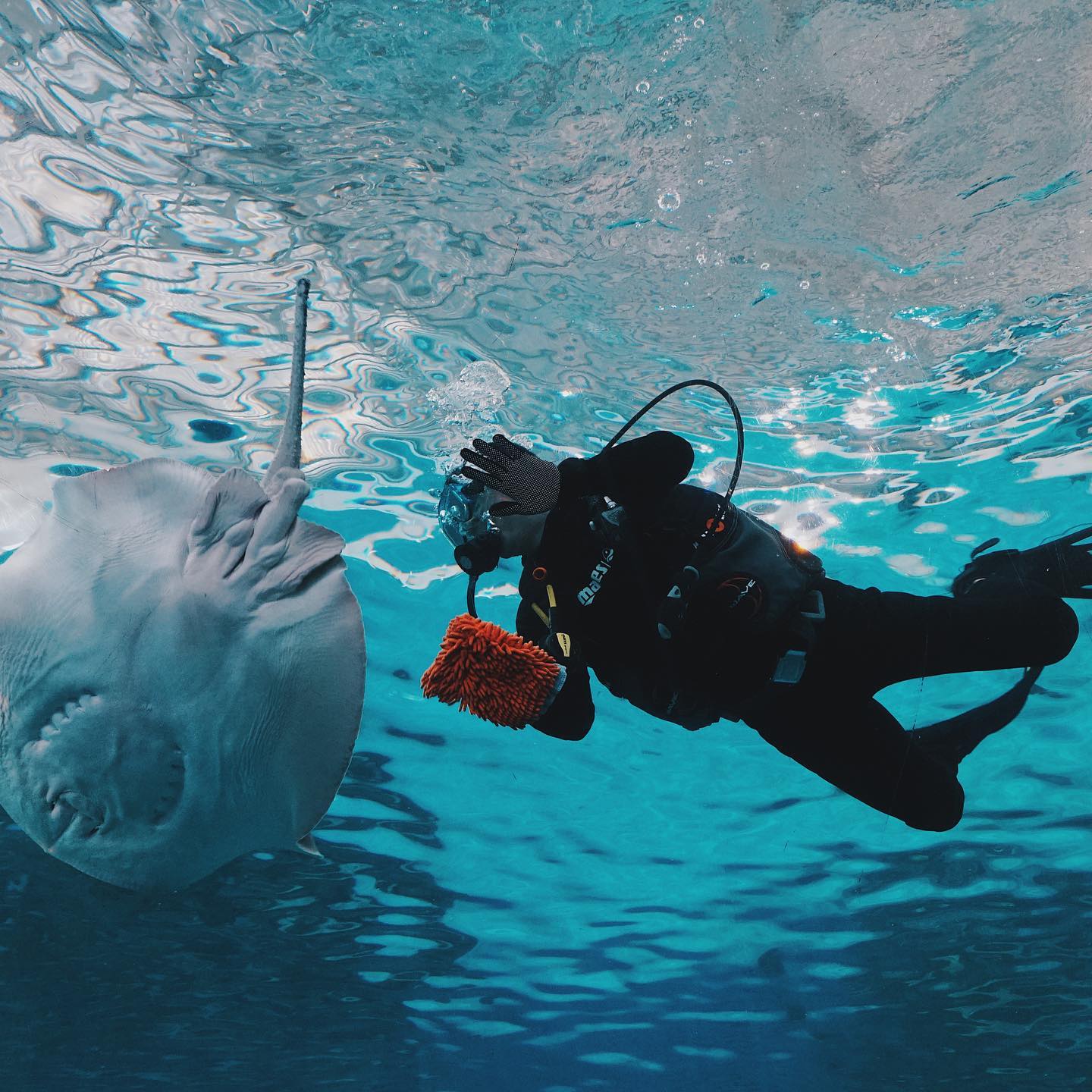 Image credit:
Image credit: 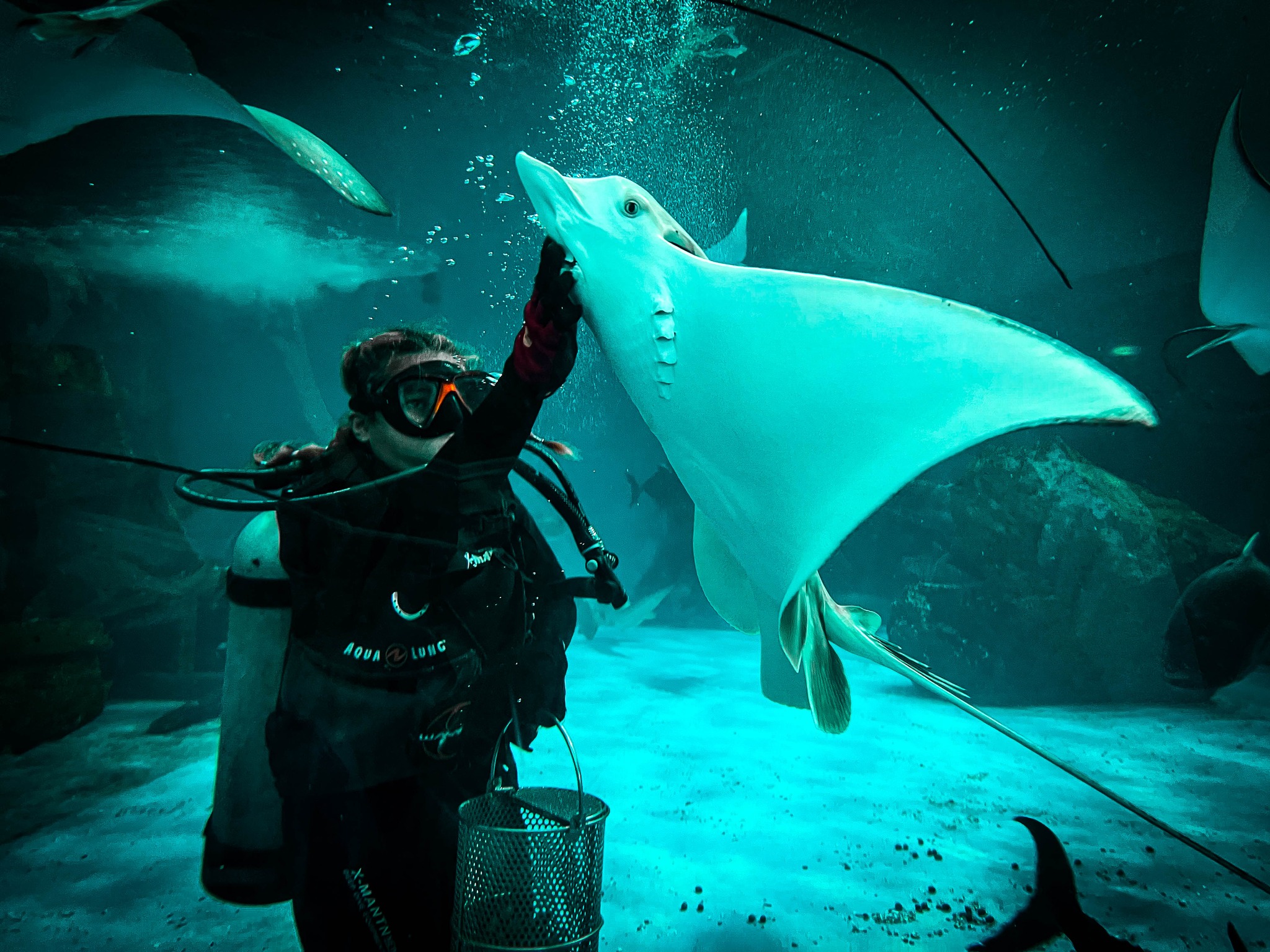 Image credit:
Image credit: 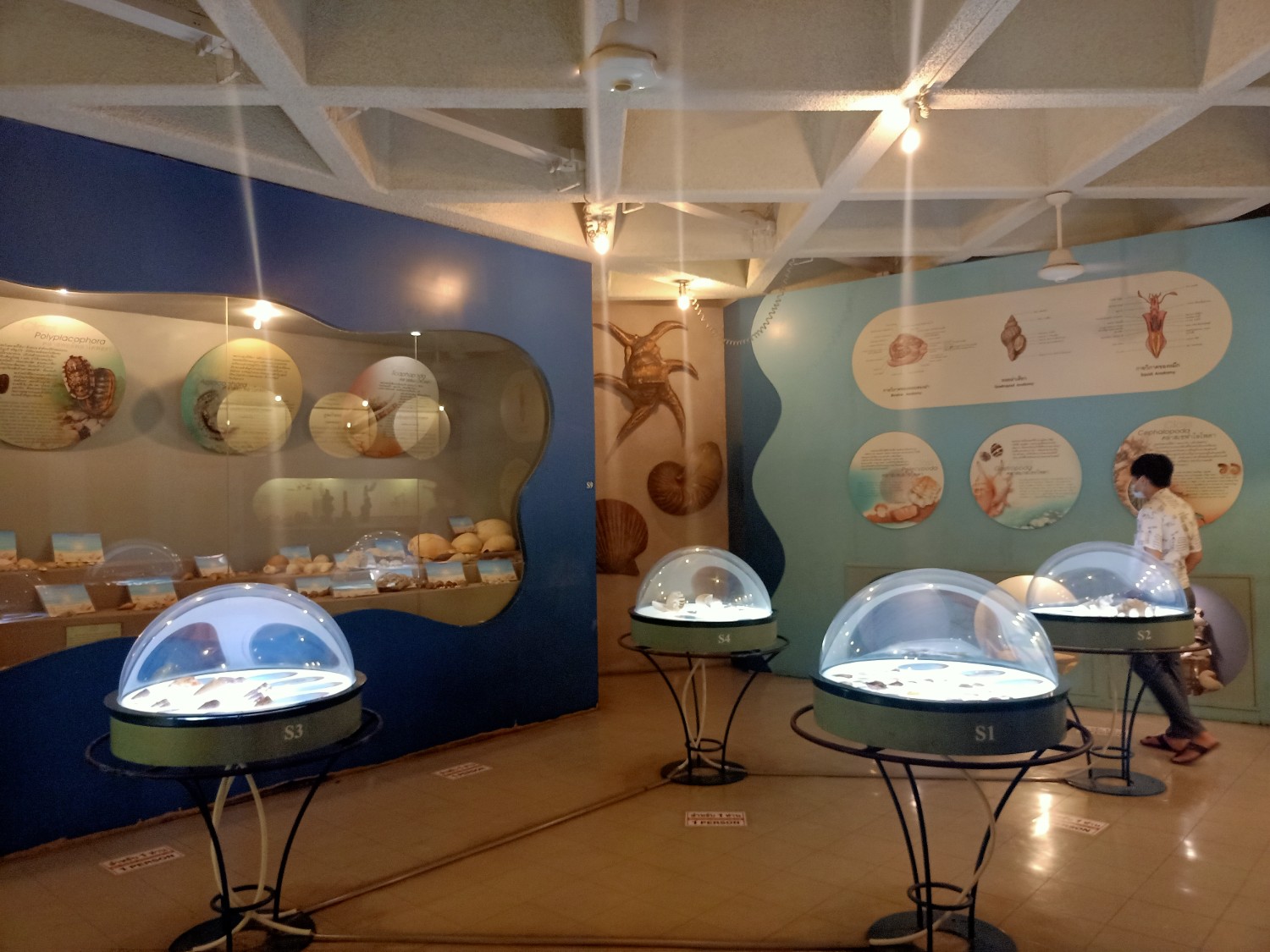 Image credit:
Image credit: 




